It’s felt like a giant petri dish, a huge experiment in the British capital, these last few days amid coronavirus concerns. London: A city that should be emptying, but where instead sidewalks and stores are crammed, and metro stations are closed. Rumors swirling of a 15-day lockdown mean nearly everyone you talk to is out panic-buying something, even if the government tries to insist “lockdown” is the wrong word.
The changing advice and the lack of widespread testing leave the collective impression here that it is either too late to stop what is happening, or something, inescapable and mammoth, is looming. This densely packed city of over 9 million simply can’t make up its mind. Some shelves are empty, but some bars full.
“It looks as though London is now a few weeks ahead” of the rest of the country in the virus spread, Prime Minister Boris Johnson said out of nowhere on Monday. And given that the UK is meant to be a few weeks behind Italy, that gave the impression that collapse was imminent. But the lack of widespread testing here, means we – and Johnson – simply don’t have the solid data, just the modeling.
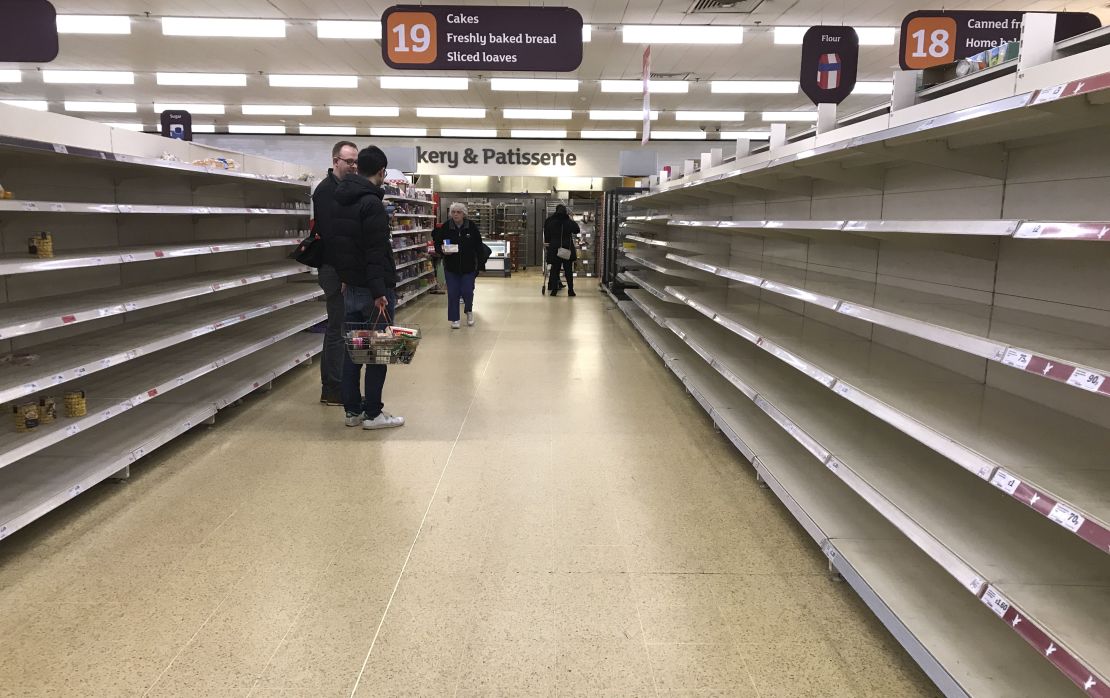
On Thursday, a friend’s husband out shopping reported raised voices over toilet paper left at a supermarket checkout in the Isle of Dogs, in the East End. A couple fighting over an indiscernible item in Lewisham, south of the Thames, caused security guards to rush in and knock people over. All over the course of one hour. Londoners will joke about it, until they’re caught in it themselves.
Coronavirus Diaries
The ubiquitous black cabbies were complaining of another fall in business. “I think the government has got the science right,” one told me, as he solidly refused to stop talking.
But this is the question we are all asking. The idea of “herd immunity” – of letting enough people catch the virus to mean our population is immune enough not to support it in the future – seemed smart. Smart in that very British post-colonial, Brexit way of thinking you are smarter than pretty much all other countries, based on the solid hunch of a few clever people, and some confidence.
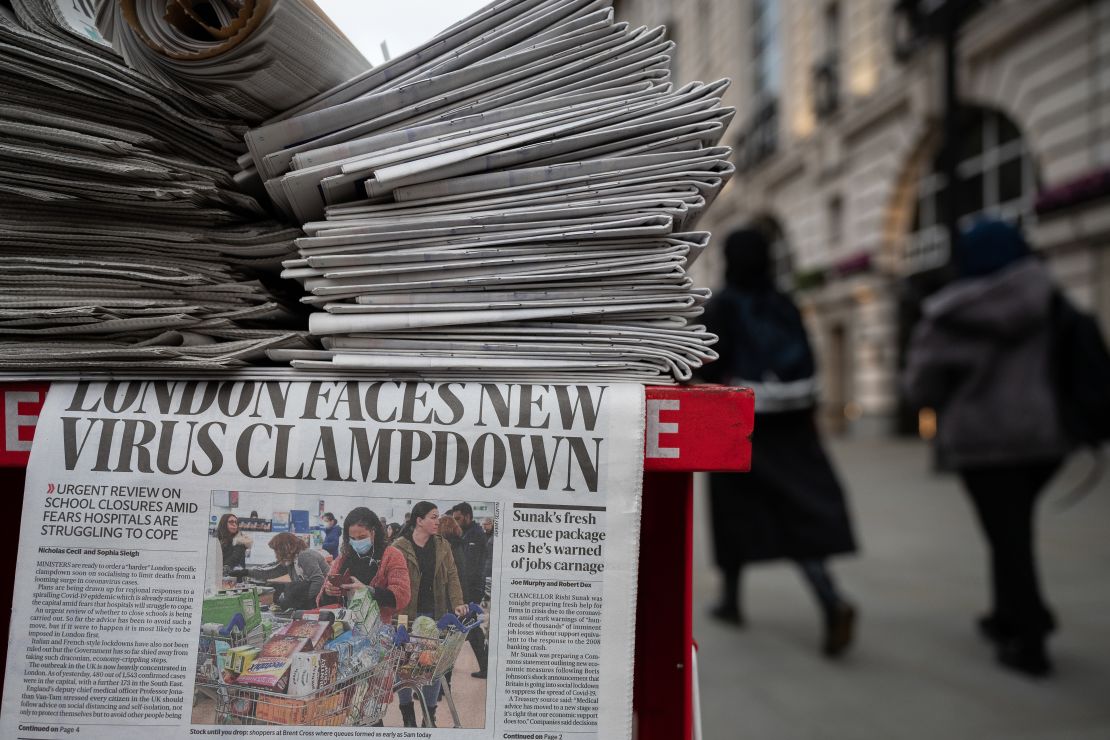
Was the sudden lurch Wednesday to school closures on Friday, and possible lockdowns in the city at the weekend, informed purely by new modeling based on fresh data about the virus’ appalling severity from Italy? Or was it answering a chorus of criticism that Britain was going too much alone, in keeping the country open as usual?
As early as a week ago, my local store was crammed by 10 a.m., with shoppers walking past aisles of fresh produce, and instead electing to buy all the pasta, soap, bleach and toilet paper, as though guided by a future apocalypse that had yet to stop fish being delivered daily.
My barber said he will stay open “until they tell him to shut.” The butcher remarked how “lovely and quiet” the skies were without planes, as he dumped twenty chicken breasts into my bag, before taking a call from a wholesaler whose prices had gone up again. Just near Holloway Road, on Thursday, an entire car’s fender and number plate had been left on the side of the road, a harbinger perhaps of how great a chaos one driver felt we were sliding in to.
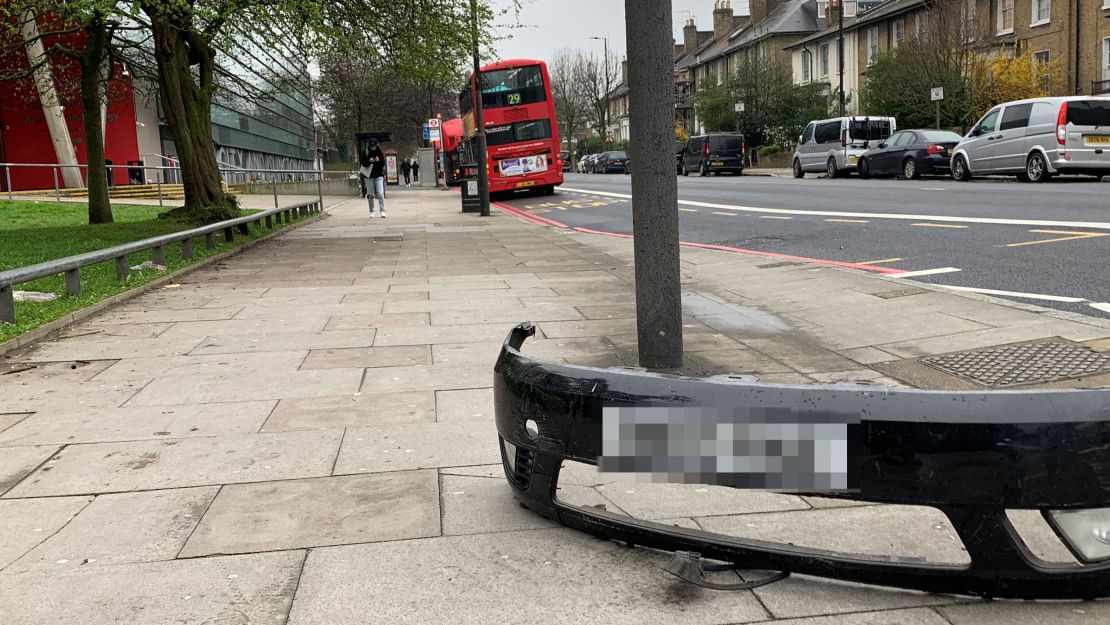
The UK’s free health service NHS – always the underfunded and adored hero of a country unable to appreciate how much basic medicine costs elsewhere – has been caught in the headlights. Changing centralized advice has also not helped. A friend said she tried to go for a run on Hampstead Heath – still crowded on Wednesday – with a NHS manager friend, but they never got going as the manager was always taking urgent phone calls.
My brief experience of the NHS showed its problems. I’d had a cough since going to Munich, Germany for its security conference in mid-February. Or was it since I climbed into my parents’ loft to help clear it out? I can’t tell. After one boozy night a fortnight later, I woke up with a very mild fever (37.4 degrees Celsius/99.3 degrees Fahrenheit). I dialed 111 – the NHS helpline – and got told I probably didn’t have coronavirus, but needed to see a doctor in the next two hours.
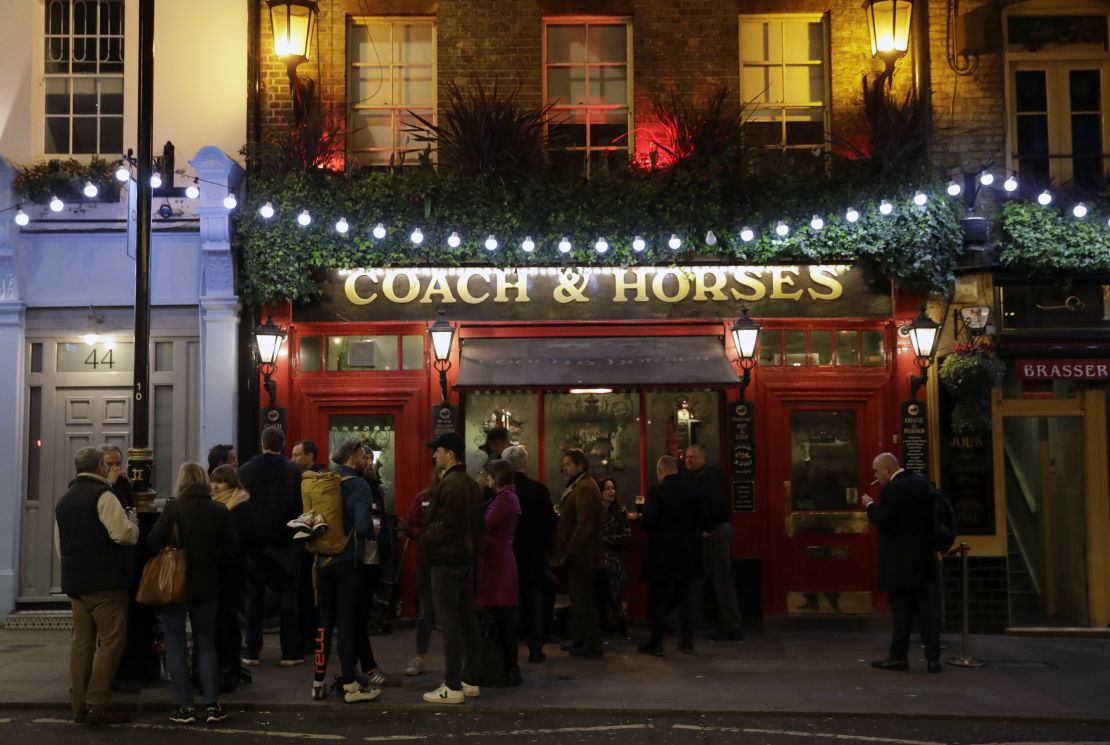
The doctor, herself suffering from a heavy cold, checked my vitals and diagnosed heavy man-flu and self-pity, saying I didn’t really have a fever (below 38 degrees Celsius) and definitely didn’t qualify for a test. She sent me packing. But a week later, the advice had changed and – had I that fever and new cough now – neither I, nor my partner, would have left the house for two weeks.
This is where many friends stand, exchanging stories of a tightness of the chest or an unusual bout of flu that didn’t seem to go away – all over the past 6 weeks. We don’t know if that means we had “it,” or just the flu. It’s important to note that “as of 9 a.m. on 18 March 2020, 56,221 people have been tested in the UK, of which 53,595 were confirmed negative and 2,626 positive,” the government says. So even those with enough symptoms to be tested have a very low chance of having had coronavirus. Our ignorance should be chilling, but somehow I’ve filled the blanks with assumptions for comfort.
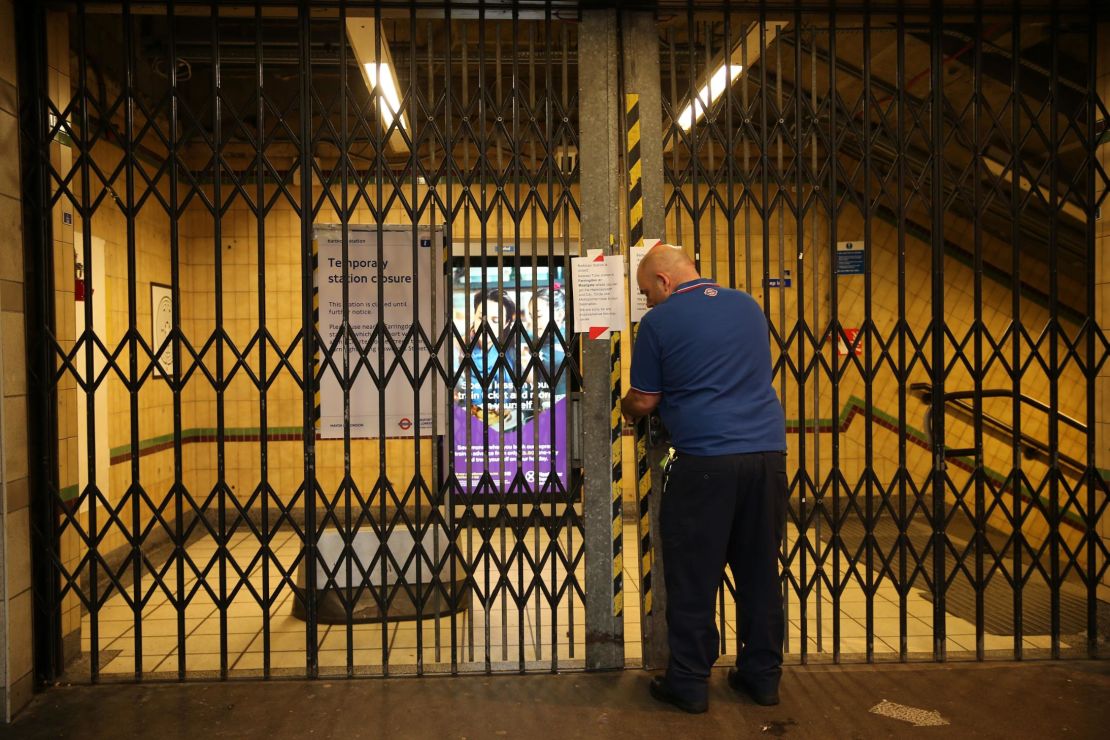
We’ve seen how drastic the planning for disaster is. Draft legislation would let police arrest those evading quarantine. Volunteer workers would have their wages protected if they help out the NHS. The army could be called in, certainly to ship supplies to hospitals, perhaps to do more. Hundreds of billions of dollars are being spent to keep the economy afloat, in extraordinary hurry, when the future is something no algorithm can grapple with.
As the weekend and its uncertainty approaches, we’re left draining the most we can out of homes that used to be places of transit and rest, and are now where we keep our stores, work, house errant family members, and take deliveries with a new, alien appreciation.
But also, in a city where eye contact a month earlier to some seemed like harassment, strangers are suddenly intimately aware of each other. Sometimes, so they can keep a medically safe distance. Sometimes, to be sure the elderly get where they need to on the crowded sidewalk. And sometimes, simply to smile, and take pleasure in letting the other person in the queue go first.


















